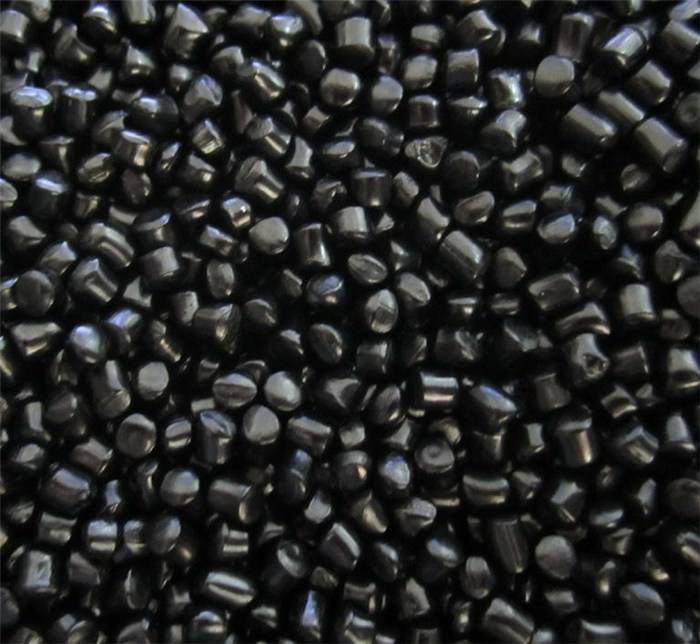The influence of the properties of color masterbatch on plastic products
The influence of the properties of color masterbatch on plastic products
1. The dispersion of color masterbatch has a significant impact on the quality of plastic products. The requirements for the dispersibility of color masterbatch depend on the product. Generally, blow molded ultra-thin films and injection molded long, thin, and light colored products require better dispersibility of color masterbatch. A color masterbatch with good dispersibility has a smooth surface and consistent color. Regarding the dispersibility of color masterbatch, please refer to the specific provisions on dispersibility in the national industry standard QB1648-92 "Polyolefin Color Masterbatch".
2. Heat resistance of color masterbatch refers to the ability of color masterbatch to resist changes in color or function caused by chemical degradation, crystal changes inside plastic mixtures, and the interaction between coloring agents and other additives at processing temperature. The degree of thermal stability varies with the type of color, temperature, and time of the color masterbatch, and is directly related to molding equipment and processing methods. Generally speaking, light colored masterbatch has poorer heat resistance than dark colored masterbatch; Combination color masterbatch (such as orange composed of red and yellow) has poorer heat resistance than single color masterbatch; Color masterbatches made from organic pigments and dyes have poorer heat resistance than those made from inorganic pigments.

3. Weather resistance of color masterbatch refers to the ability of color masterbatch to withstand various climates, including visible and ultraviolet light, moisture, temperature, atmospheric oxidation effect, and chemical agents encountered during product use. Due to the fact that the pigments and dyes used in color matching can have a shielding effect on light, the addition of color masterbatches is beneficial for the photostability of plastic products. Color masterbatches made from inorganic pigments can significantly improve their photostability when added to plastic products. Color masterbatches made from organic pigments or dyes have varying levels of stability due to their different structures. If the color masterbatch contains cadmium yellow, it will fade under water and sunlight effects. Although Lysol red has good light resistance, it will seriously fade when used outdoors with acidic and alkaline components. The degree of fading depends on the concentration of the color masterbatch used. Generally, the lighter the color, the more easily it will fade.
4. The migration resistance of color masterbatch refers to the migration of pigments or dyes from the interior of plastic products to the exterior of the products, or the migration of adjacent products or solvents through an interface. When using color masterbatch with poor migration resistance to color cables, the coloring agent migrates to the surface of the wire, causing confusion in the color of the wire, and may even migrate out of the insulation material through the cable sheath. The reason for migration is that the molecular structure of plastic is not tight enough to prevent pigment molecules from moving towards the surface or interface. Excessive addition of plasticizers can cause this phenomenon. Solution: Reduce the dosage of plasticizers or switch to macromolecular organic pigments.
Article source: Taishan conductive mica particles
-
04-11
Taishan conductive PP masterbatch: How to use defoaming masterbatch?
Defoaming masterbatch is suitable for enterprises that use PE and PP recycled plastics for product production. The trace amount of moisture contained in raw materials has a very serious impact on the
-
11-13
Characteristics and uses of conductive masterbatch plastics
Characteristics and uses of conductive masterbatch plastics1、 Characteristics of conductive masterbatch plastics:① Most plastics are lightweight, chemically stable, and will not rust;② Good impact res
-
10-13
What is PP talc powder masterbatch
What is the masterbatch of PP talc powder?PP talc powder masterbatch is a plastic modified filler, mainly composed of talc powder, which is a particle mixed with polymers or other carriers. It is main
-
08-09
Taishan Conductive Cloud Masterbatch Manufacturer Tells You Why to Use Conductive and Anti static Engineering Plastics
1. The fundamental physical properties of static electricity are:(1) Attracting or excluding;(2) There is a potential difference with the earth;(3) Discharge current will occur.These three characteris

